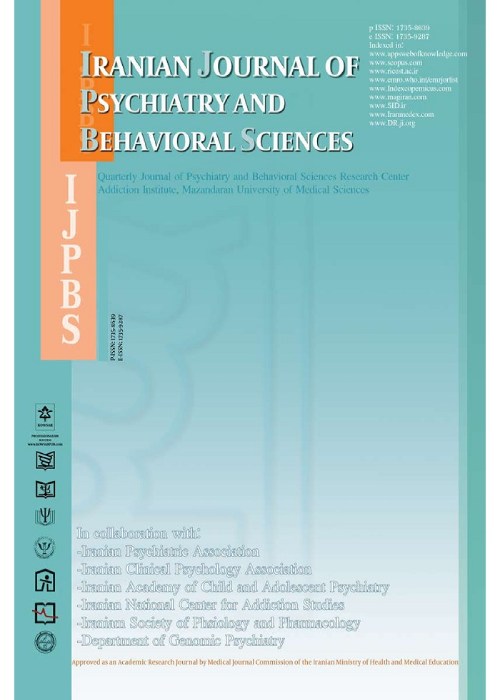Relationship between Obsessive-compulsive Disorder and Overactive Bladder Syndrome
Overactive bladder (OAB) syndrome correlates with mental disorders, especially depressive disorders and anxiety disorders, and less frequently obsessive-compulsive symptoms, and occurs mostly in older people. Obsessive-compulsive disorder (OCD) is more frequent in OAB patients. Most OCD people are diagnosed at the age of about 19, typically with an earlier age of onset in boys than in girls, but the onset after age 35 does occur less frequently.
This study aimed to evaluate the relationship between OCD and OAB.
In this case-control study, 1,160 cases who were over 18 years old who were referred to the urodynamic clinic of Shohada-e-Tajrish center from June 2013 to February 2018 in Tehran, Iran, enrolled of whom 580 were considered the control group who were non-OAB patients, and 580 subjects were considered the case group who were OAB patients. The diagnosis of OAB was confirmed by a single urologist. All cases had detrusor overactivity (DO) in urodynamic study (UDS). The OAB-validated 8-questionnaire screen test (OAB-V8) was conducted, and the diagnosis of OCD was confirmed by a single psychiatrist according to DSM-5 criteria. Moreover, the Yale-Brown questionnaire was completed for each patient to rate the severity of OCD symptoms.
About the Yale-Brown Obsessive-compulsive Scale (Y-BOCS) total score, there is a significant difference between patients with obsessive traits and the control group (P < 0.001). OCD scores were significantly higher in the OAB group compared to the control group (P < 0.001). Logistic regression analysis showed that the population of the studied patients with OAB was more probable to have OCD than non-OAB control subjects in aged classified groups (OR: 6.23; P < 0.001).
The findings of this study showed that OAB patients reported higher obsessive-compulsive scores (Y-BOCS) compared to the controls. There is an independent correlation between OCD and OAB. However, the linkage between OCD and OAB justifies the need for more research.
- حق عضویت دریافتی صرف حمایت از نشریات عضو و نگهداری، تکمیل و توسعه مگیران میشود.
- پرداخت حق اشتراک و دانلود مقالات اجازه بازنشر آن در سایر رسانههای چاپی و دیجیتال را به کاربر نمیدهد.


